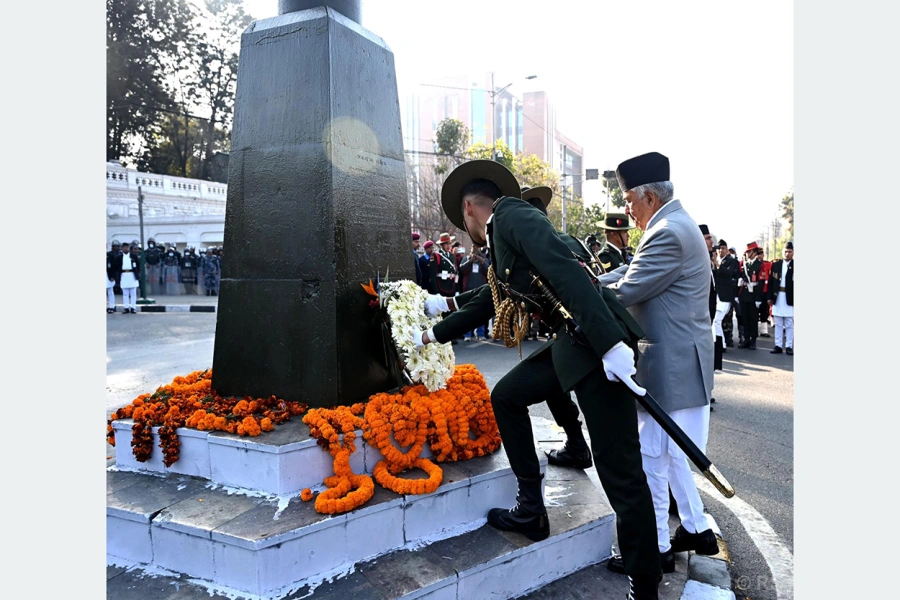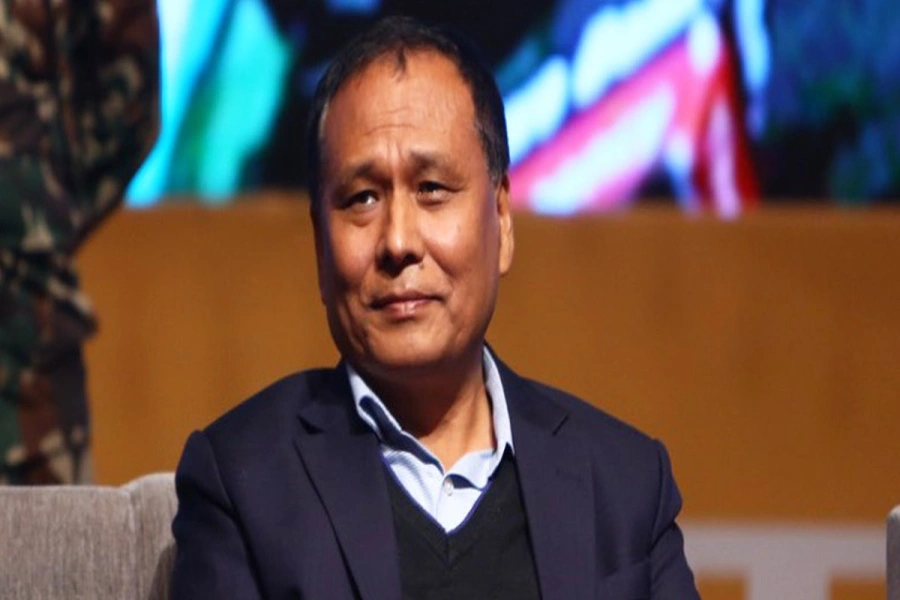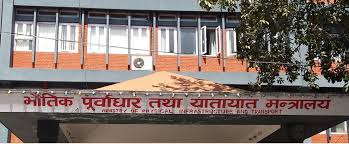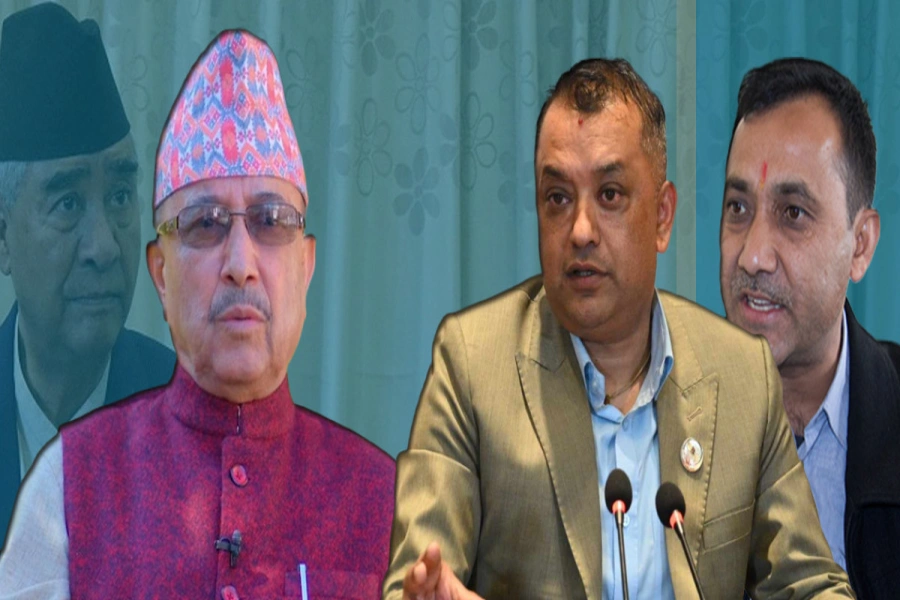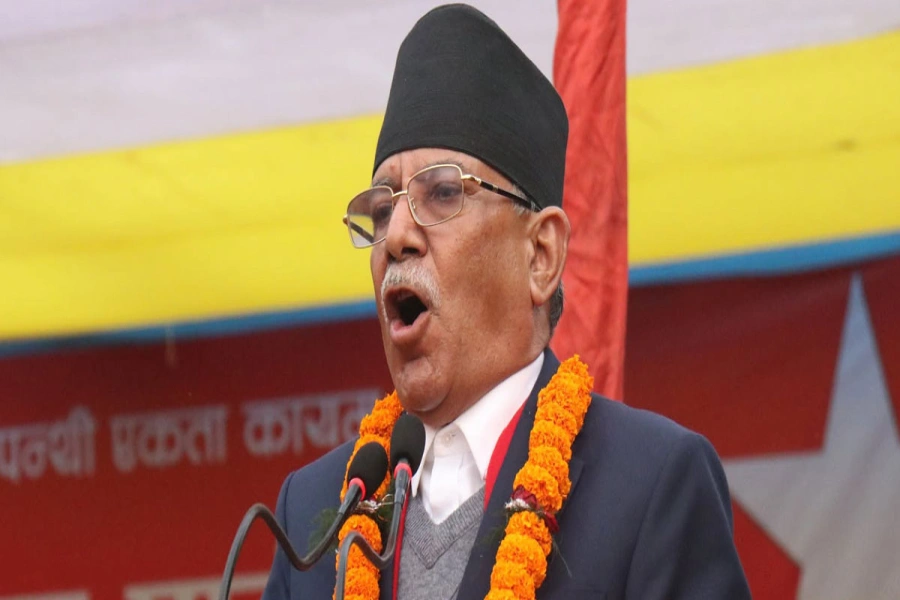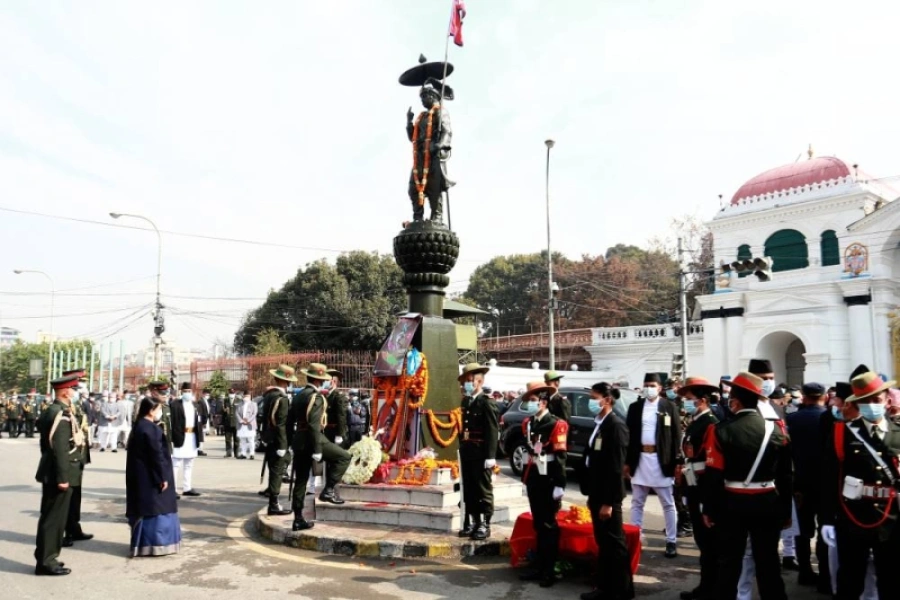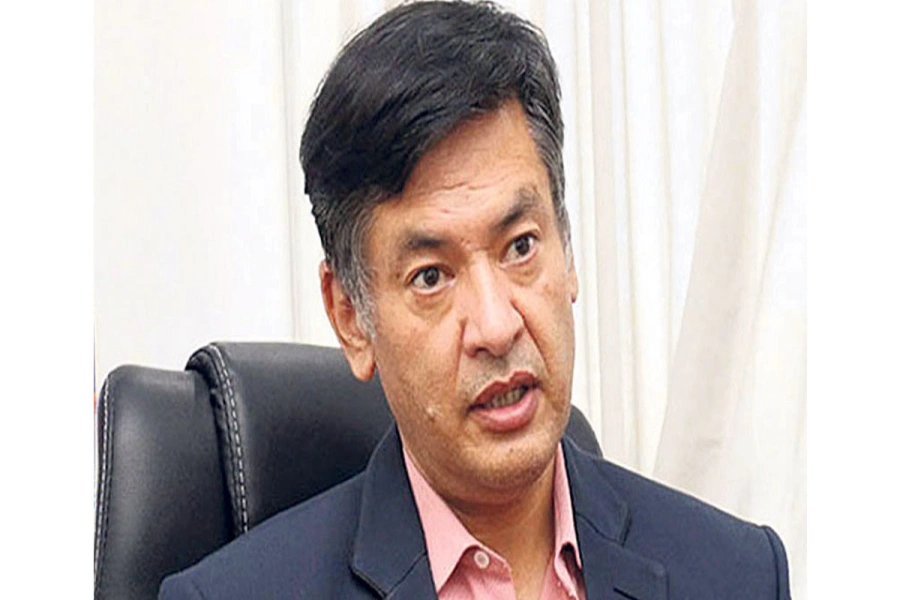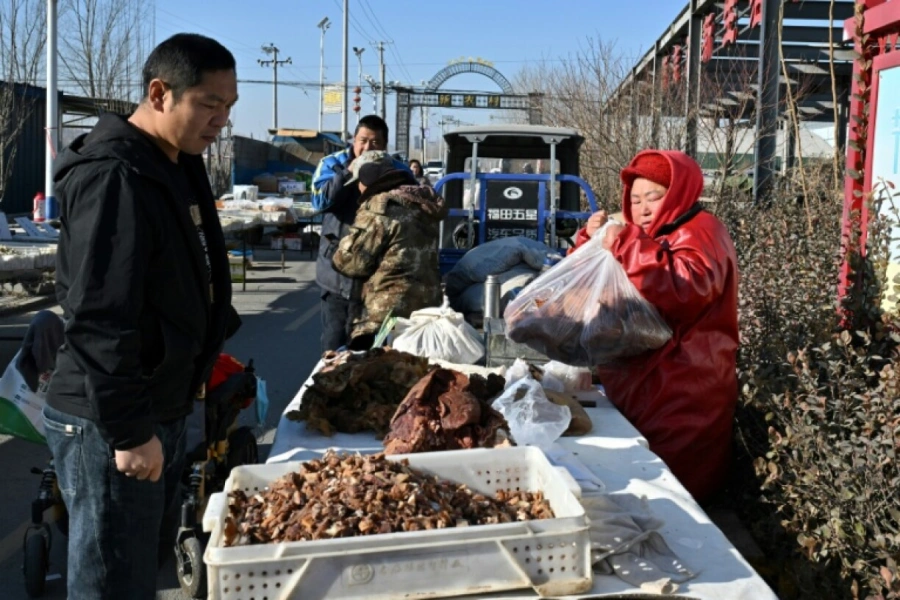Plan International Nepal has proposed a project of Rs 8 billion allocating only about 10 percent of the budget for physical infrastructure development.
KATHMANDU, April 20: In keeping with the trend of international non-government organizations (INGOs) investing more in soft programs than physical infrastructure development, Plan International Nepal has proposed a project of Rs 8 billion allocating only about 10 percent of the budget for such infrastructure.
Plan International, which started working in Nepal since 1978, is not ready to revise its programs as per the government's suggestions. The government also has taken a stance not to approve the INGO's proposal until it changes its budget allocation.
Road safety draft gathering dust at the Ministry of Transport f...
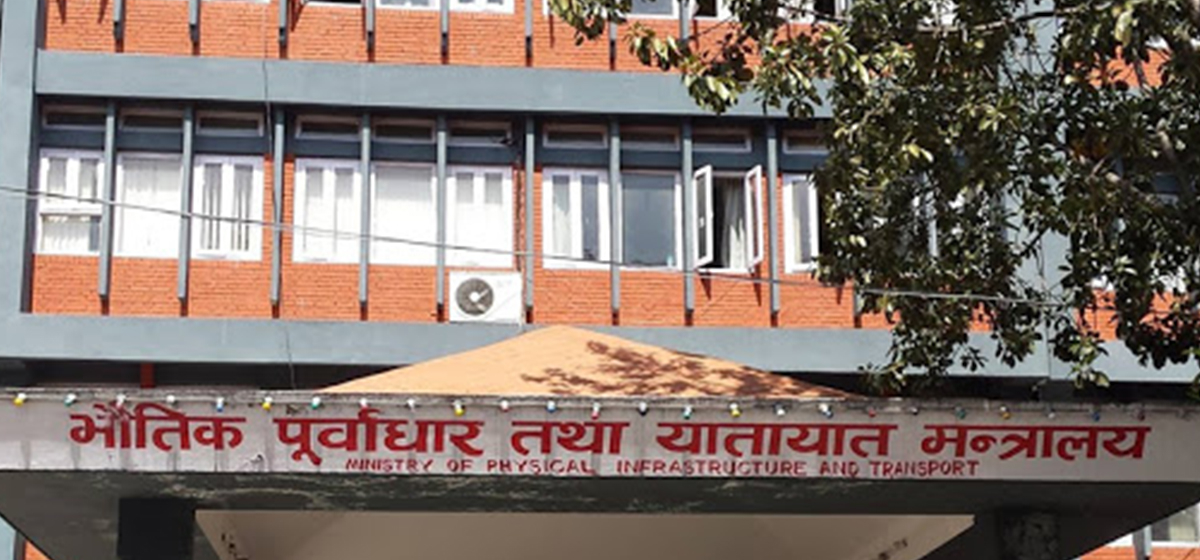
INGOs working in Nepal have been found selecting projects that are not under national priority, according to officials at the Ministry of Women, Children and Senior Citizens. "One example is Plan International Nepal," said the officials .
It recently proposed the Rs 8 billion project -- Child Centered Community Development Project Phase II -- for five years and covering 14 districts, according to the Social Welfare Council (SWC), the regulatory body under the ministry for I/NGOs .
Under the project, Plan International has earmerked only Rs 780 million for physical infrastructure, with the remaining funds allocated for soft programs including training . The ministry has rejected the project file, stating that it was not as per the national priorities for projects. "It was negligent of SWC to forward the files to the ministry without looking at it carefully," said ministry officials. "The government is also responsible for the current situation."
Admitting to weakness on the part of the SWC, Pralhad Pant, spokesperson for SWC, said they have not taken any visible action but there were some INGOs that are doing a good job.
Plan International in its written response said it's new project is currently under review by the government as per the regular process.
The objective of the government-led review process is to receive input and feedback from stakeholders and ensure full alignment of proposed actions with government priorities at municipal, provincial and national levels and with socio-economic development and Sustainable Development Goals.
"Our programs are a mix of hardware and software as per the priorities set by the organization in consultation with the communities where we work, even though the software programs are mostly related to support for hardware," said Shree Ram KC, communications manager at Plan International. He cited as an example the construction of safe schools, birthing centers or new water supply schemes where the software part are related to supporting such hardware in the work areas.
Generally, INGOs are allowed to work in the country after they sign an agreement to abide by Nepal's constitution, laws and rules, including the Social Welfare Council Act.
A total of 255 INGOs are registered with the SWC. There are 47,600 local NGOs registered in the country, out of which about 5,000 are active.
The INGOs, which spend around Rs 30 billion annually in Nepal, have to work in coordination with the local NGOs in their respective fields. They cannot spend their budgets directly and have local NGOs as working partners.


